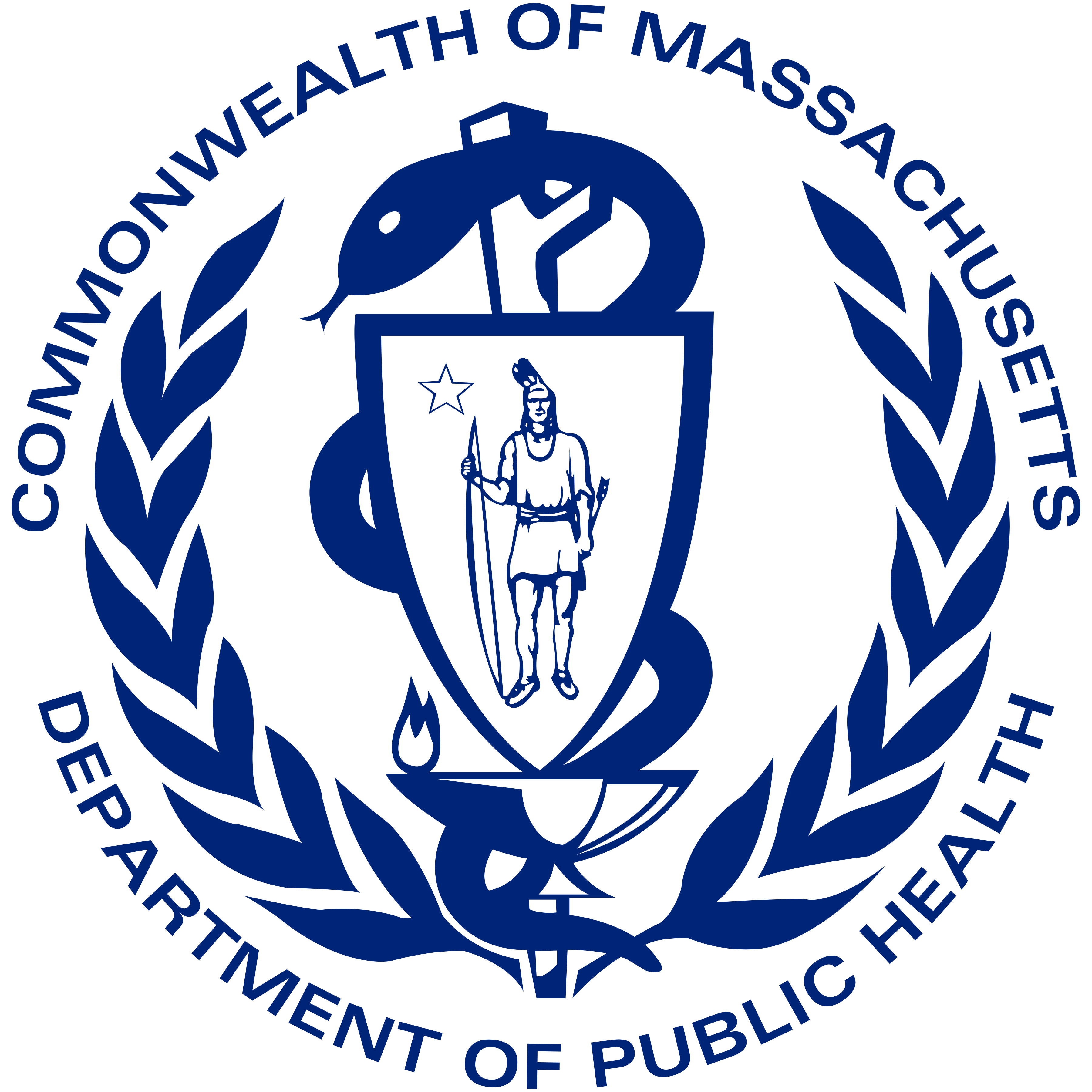- Department of Public Health
Media Contact
Ann Scales, Director of Media Relations
Boston — The Massachusetts Department of Public Health (DPH) today announced that Eastern equine encephalitis (EEE) virus has been detected in mosquitoes in Massachusetts for the first time this year. The presence of EEE was confirmed in mosquito samples collected on June 30 in the town of Carver in Plymouth County. No human or animal cases of EEE have been detected so far this year.
Today’s finding increases the risk level of EEE to moderate in the communities of Carver, Kingston, Middleborough, Plymouth, Plympton, and Wareham.
“The last EEE outbreak cycle in Massachusetts occurred in 2019-2020 and since then, there have been no human cases of EEE reported in the state,” said Public Health Commissioner Robbie Goldstein, MD, PhD. “Today’s finding alerts us to the presence of EEE in Massachusetts this year. Combined with yesterday’s announcement of West Nile virus in mosquitoes in Massachusetts, we are asking everyone to take the necessary precautions to prevent mosquito bites. We recommend that people use mosquito repellent when they are spending time outdoors so they can celebrate the July 4th holiday and enjoy the rest of the summer without being bitten.”
EEE is a rare but serious and potentially fatal disease that can affect people of all ages. EEE is generally spread to humans through the bite of an infected mosquito. There were 12 human cases of EEE in Massachusetts in 2019 with six deaths; in 2020, there were five human cases and one death. There were no human cases of EEE in Massachusetts in 2021, 2022 or 2023.
“EEE activity in Massachusetts tends to occur in outbreak cycles,” said State Epidemiologist Dr. Catherine M. Brown. “When EEE is found in mosquitoes like this at the start of the season, the risk may increase throughout the rest of the summer. We rely on our mosquito surveillance program to monitor for the presence of virus to let people know when and where the risk is occurring.”
Avoid Mosquito Bites
Apply Insect Repellent when Outdoors. Use a repellent with an EPA-registered ingredient (DEET (N,N-Diethyl-m-toluamide), permethrin, picaridin (KBR 3023), oil of lemon eucalyptus (p-menthane-3,8-diol (PMD) or IR3535) according to the instructions on the product label. DEET products should not be used on infants under two months of age and should be used in concentrations of 30 percent or less on older children. Oil of lemon eucalyptus should not be used on children under three years of age.
Be Aware of Peak Mosquito Hours. The hours from dusk to dawn are peak biting times for many mosquitoes. Consider rescheduling outdoor activities that occur during the evening or early morning in areas of high risk.
Clothing Can Help Reduce Mosquito Bites. Wearing long sleeves, long pants, and socks when outdoors will help keep mosquitoes away from your skin.
Mosquito-Proof Your Home
Drain Standing Water. Mosquitoes lay their eggs in standing water. Limit the number of places around your home for mosquitoes to breed by either draining or discarding items that hold water. Check rain gutters and drains. Empty any unused flowerpots and wading pools and change the water in birdbaths frequently.
Install or Repair Screens. Keep mosquitoes outside by having tightly fitting screens on all your windows and doors.
Protect Your Animals
Animal owners should reduce potential mosquito breeding sites on their property by eliminating standing water from containers such as buckets, tires, and wading pools – especially after heavy rains. Water troughs provide excellent mosquito breeding habitats and should be flushed out at least once a week during the summer months to reduce mosquitoes near paddock areas. Horse owners should keep horses in indoor stalls at night to reduce their risk of exposure to mosquitoes. Owners should also speak with their veterinarian about mosquito repellents approved for use in animals and vaccinations to prevent WNV and EEE. If an animal is suspected of having WNV or EEE, owners are required to report to the Department of Agricultural Resources, Division of Animal Health by calling 617-626-1795, and to the Department of Public Health by calling 617-983-6800.
More information, including all WNV and EEE positive results, can be found on the Arbovirus Surveillance Information web page at Mosquito-borne Diseases | Mass.gov, which is updated daily,or by calling the DPH Division of Epidemiology at 617-983-6800.
